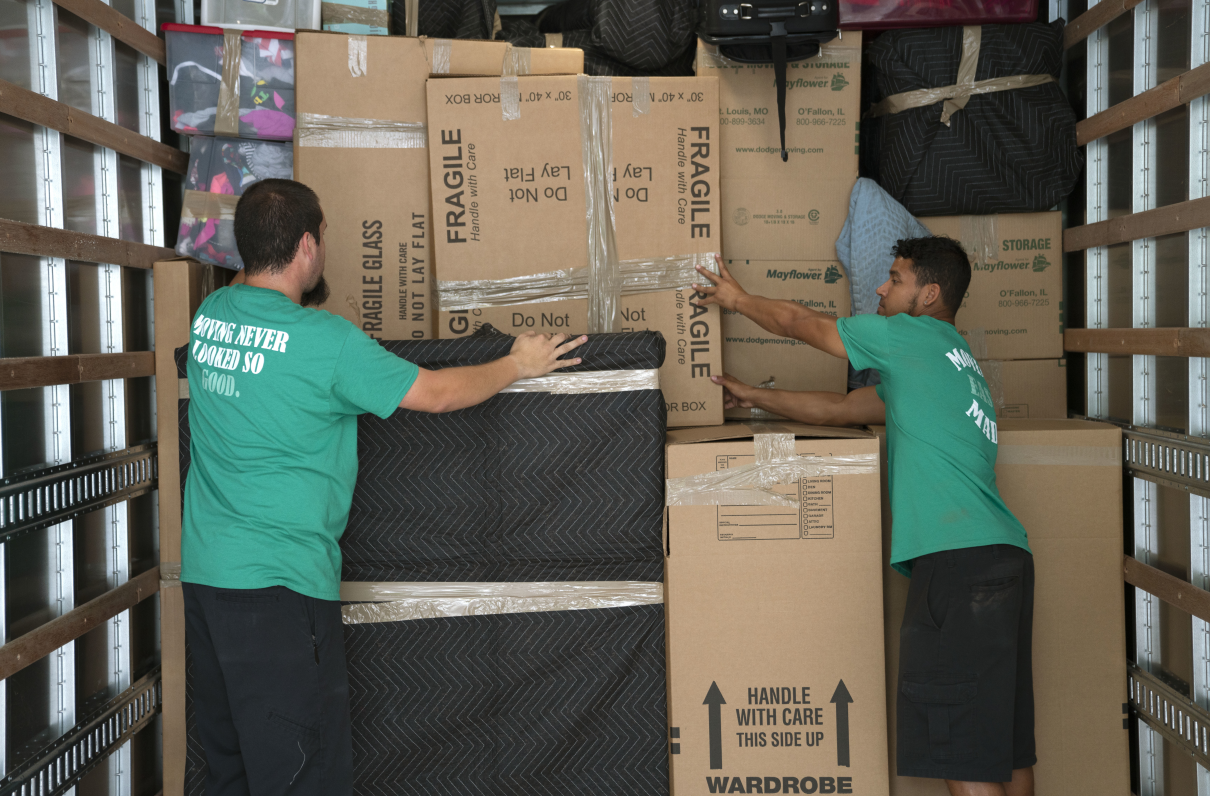Families facing a PCS move have many tasks to juggle: finding new housing, identifying critical items to hand-carry to the next duty station, and making sure the movers don’t pack the toilet plunger in a wardrobe full of clothing, just to name just a few.
While these issues can become inconveniences, or worse, families with chronic medical issues often find PCS logistics dwarfed by challenges associated with transitioning care to the new location.
As the FY 2023 National Defense Authorization Act (NDAA) moves forward, MOAA is working to support a provision in the Senate Armed Services Committee (SASC) markup that would streamline the referral process to prevent delays and gaps in essential medical care.
[RELATED: What’s Next for MOAA’s Budget, NDAA Priorities as Midterm Elections Loom]
TRICARE Prime policy requires families to PCS before they can transfer their TRICARE enrollment, schedule an appointment with the new Primary Care Manager (PCM), get specialty care referrals from the PCM, and then wait for the referrals to be processed. Only after all that can families contact specialty providers at their new location to make appointments or get on wait lists. Between the relocation process, the wait for a PCM new patient appointment, and the referral processing time, some families report a gap of one to two months in care before they even get on specialists’ wait lists.
The SASC provision – Section 704, Improvement of Referrals for Specialty Care Under TRICARE Prime During Permanent Changes of Station – directs DoD to ensure beneficiaries enrolled in TRICARE Prime who are undergoing a PCS receive referrals from their PCM to specialty care providers in the new location before the PCS move.
This provision addresses a longstanding MOAA goal of making it easier for families to transition prenatal and other specialty care during PCS moves, highlighted in our testimony at a February 2020 House Armed Services Personnel Subcommittee hearing. It is particularly timely, given the increased wait times reported by many families as the result of downstream COVID-19 impacts on medical provider clinicians and staff.
[RELATED: Help MOAA Reverse Planned Cuts to Your TRICARE Pharmacy Benefit]
MOAA also appreciates SASC report language responding to Exceptional Family Member Program (EFMP) concerns related to new Autism Care Demonstration (ACD) program requirements and access to care challenges.
In 2021, the Defense Health Agency (DHA) rolled out several changes to the ACD program, including a new requirement for a Parenting Stress Index intended to understand and address issues of family stress. Although the testing is confidential, some families were understandably concerned about overly intrusive questions, including a question concerning parental intimate relationships.
MOAA appreciates the SASC addressing these concerns by directing DHA to:
- Reevaluate the stress testing used in the ACD and determine whether other validated tests or surveys may better gauge family stress
- Modify or eliminate overly intrusive questions in the current test or any subsequent test
- Ensure parents understand they are not required to answer objectionable questions.
National provider shortages mean many uniformed services families face long wait lists or limited assignment options, particularly in remote locations with limited health care capabilities. The Air Force Developmental and Behavioral Family Readiness Center’s (DBFRC) hub-and-spoke model can support up to 10 locations with a 10-person team by leveraging telehealth, tele-consultation, or providers traveling to the spoke bases.
SASC report language directs DHA to support the center and its program after it reaches full operational capability, with a goal to expand it through the military health system to support EFMP across all military departments.
We appreciate the SASC’s support of this innovative Air Force approach to address provider shortages and their impact on EMFP families.
Support Military Spouses
Donate to The MOAA Foundation and support MOAA’s efforts to help military spouses in their career journeys.

